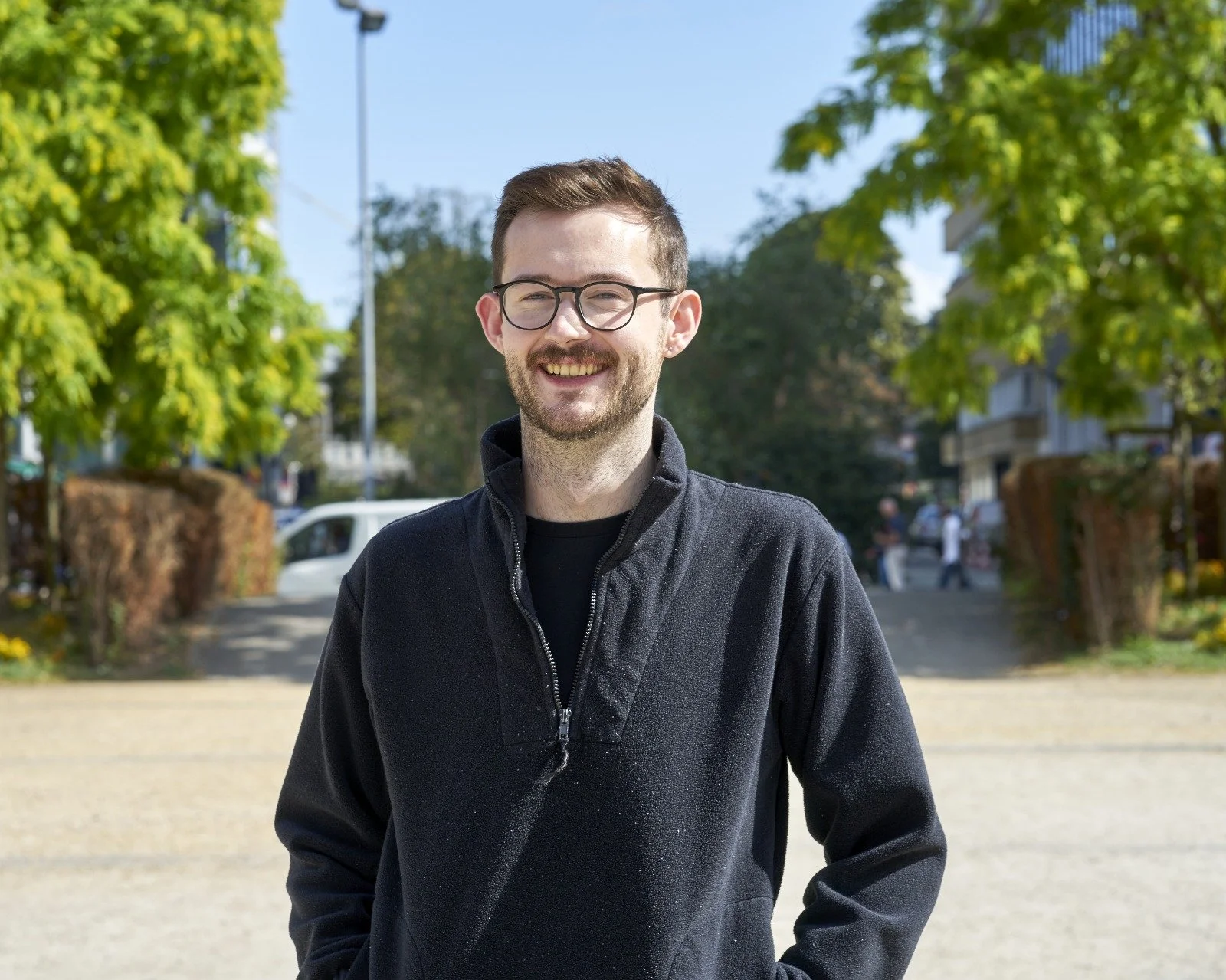“Our role as communicators is crucial in making sure the voices of civil society are heard.”- Dylan Power, Civil Society Europe (CSE)
Dylan Power is the Communications and Outreach Officer at Civil Society Europe (CSE), the platform for civil society organisations at EU level. It brings together 24 European networks composed of European and national civil society organisations in different areas of citizens' concerns. CSE promotes a space for structured civil dialogue and citizens’ participation at all levels.
What does the change you are trying to achieve look like? Why is the EU important?
We advocate for a strong civil society at both the EU and national levels. We want to keep a healthy civic space, where civil society organisations (CSOs) and groups representing citizens are empowered and able to participate meaningfully in decision-making. Diverse in focus but united in purpose, our members build impact by aligning around shared messages and presenting a single voice to the EU.
The role of the EU is essential — without the perspective of citizens, policies cannot be truly well-informed. Right now, we’re closely following the EU Civil Society Strategy proposed by the European Commission. Our goal is simple: a strategy that genuinely delivers for civil society.
We’re calling on the EU to take bold action — to ensure strong, long-term structural support for civil society in the next EU budget (MFF 2028–2034), to create a protection mechanism for human rights defenders and CSOs within the EU, and to commit to other key measures that empower citizens and strengthen democracy across Europe.
How are communication and policy advocacy connected?
Policy makes sense to policy people, but not every audience feels that way. We need different ways of communicating with the general public — and that’s where our role as communicators comes in. We make sure information is accessible, reaches a wider audience, and strengthens people’s interest and involvement in policymaking.
This helps ensure that policy is informed by citizens and reflects their perspectives. Our role as communicators is crucial in making sure the voices of CSOs are heard.
Which challenges are you facing?
When I joined the organisation, it was at a pivotal moment as attacks against CSOs were ramping up. There was a wave of misinformation from certain political actors at the EU level — all these narratives about where the money goes and how CSOs are funded. It’s really damaging.
We’ve been doing our best to tackle these challenges, both internally and together with our members and other CSOs, as well as stakeholders and policy makers. The European Parliament even set up a Scrutiny Working Group on NGOs to look into EU funding for civil society — so this is definitely an ongoing issue. We keep a close eye on it and make sure we’re ready to respond when needed.
It’s not always easy, but honestly, I think we’re doing a great job!
One tip you want to share with other public interest advocates?
Get out there and meet people! Attend trainings like this to connect with others from different backgrounds. It really helps when you find people who share not only your passion but also your frustrations. Building a community where you can exchange ideas and make connections makes the work so much easier.

